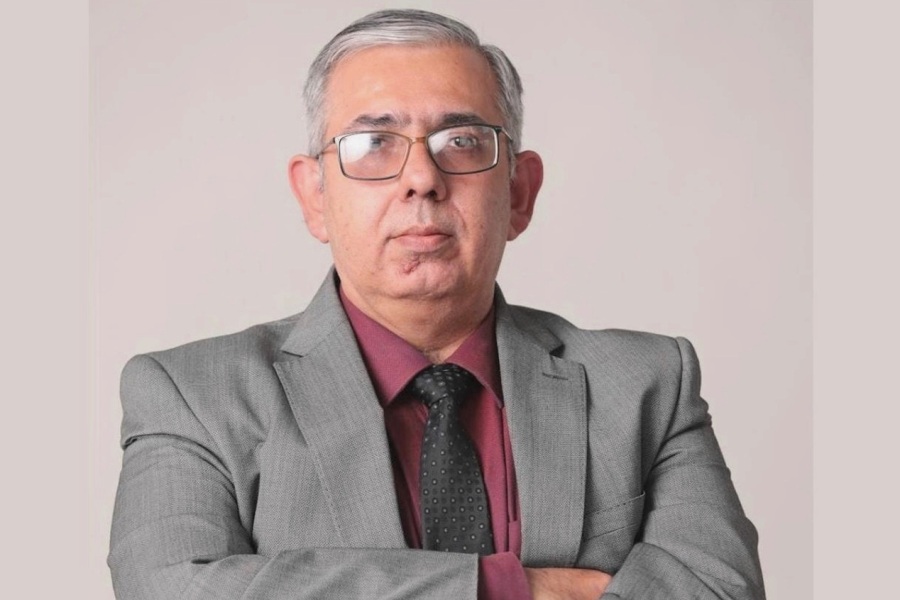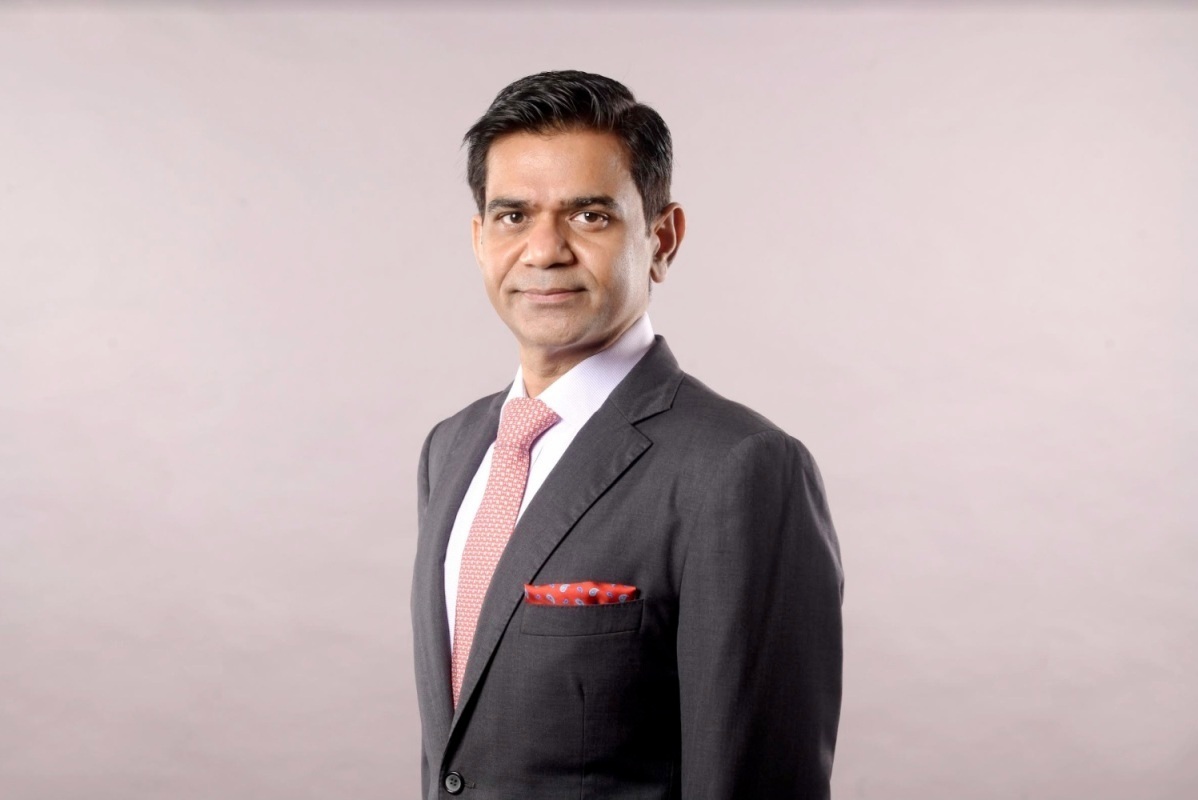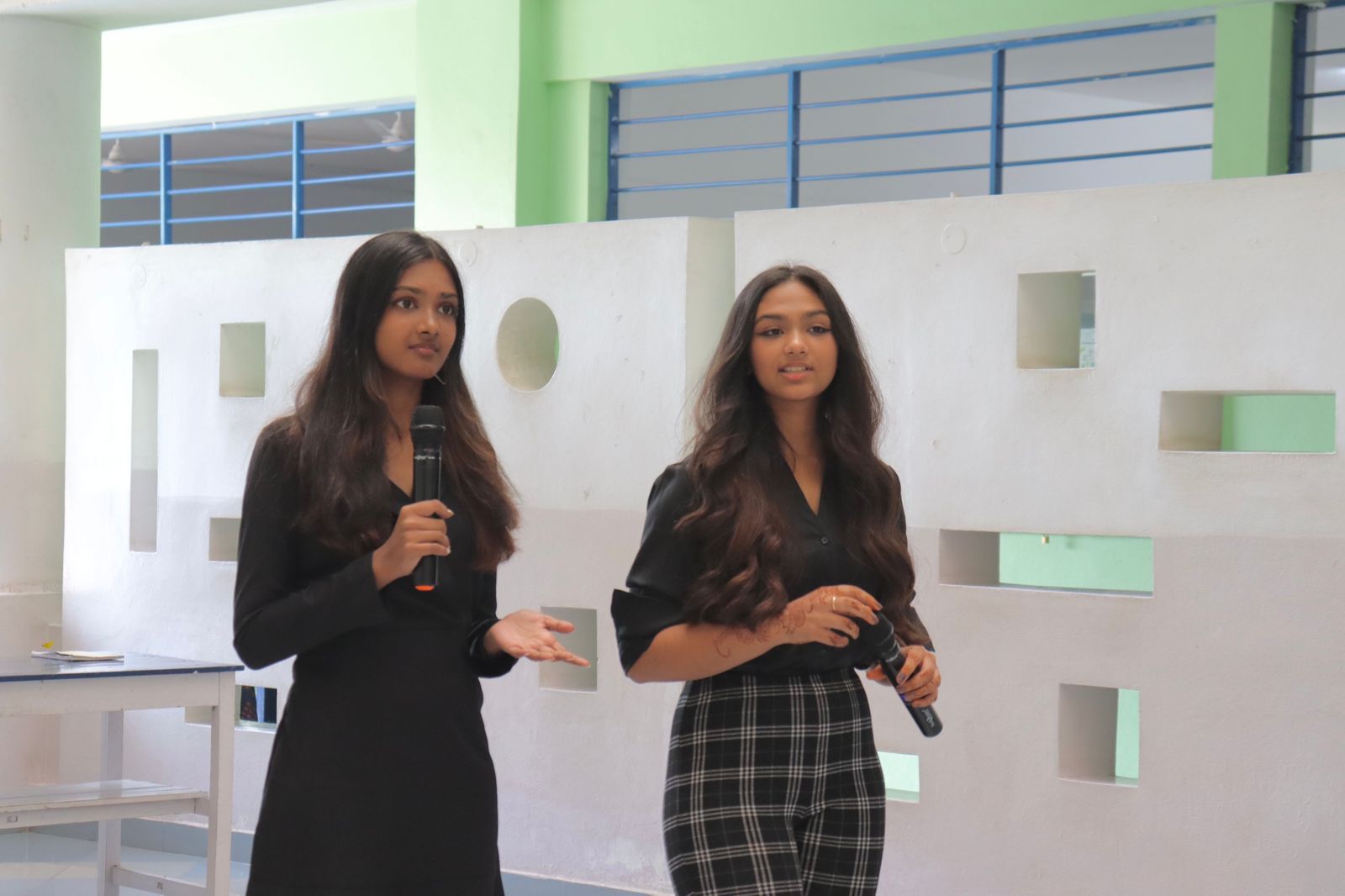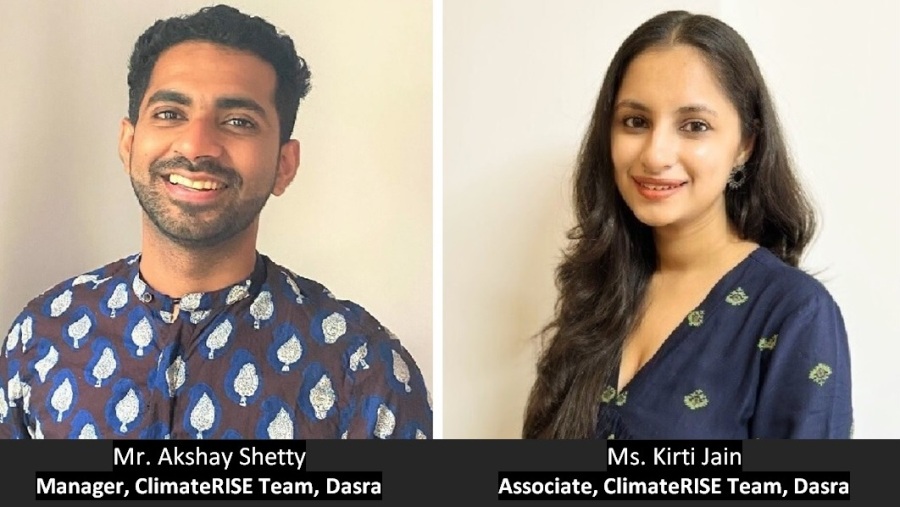IDEATE 2024, organized by the Bansidhar & Ila Panda Foundation (BIPF) in partnership with Dasra, recently concluded its 13th edition, themed "Utkal Udyam: Community-Centric Development for Climate Resilience." This significant event brought together policymakers, industry leaders, and grassroots activists to address the pressing challenges of climate change and explore transformative strategies for empowering local communities. The conference highlighted the vital role of grassroots knowledge, women's leadership, and strategic philanthropy in building climate-resilient communities.
In this interview, Dharmesh Gohel, Vice President, CSR at BIPF, delves into the significance of this year's theme and its relevance to Odisha and broader climate resilience efforts. He discusses the integration of grassroots initiatives with strategic philanthropy, the empowerment of women in climate action, and the importance of preserving traditional knowledge. He also outlines BIPF's plans and aspirations for fostering climate resilience and community-centric development in Odisha and beyond.
Read the full interview for deeper insights:
Q. This year’s theme for IDEATE was "Utkal Udyam: Community-Centric Development for Climate Resilience." Why were this theme chosen, and what significance does it hold for Odisha and the broader climate resilience agenda?
A. We selected the theme "Utkal Udyam: Community-Centric Development for Climate Resilience" for IDEATE 2024 to highlight the crucial role of local communities in driving climate action. Odisha is particularly vulnerable to cyclones and floods, and grassroots communities are the first to face the impacts. Time and again, we have seen that effective solutions often originate from the ground up. For instance, the restoration of mangroves in the Bhitarkanika region has significantly reduced the impact of cyclones, providing much-needed protection to our coastal areas. By involving those most affected by climate change in the solution-creation process, we can ensure that our strategies are not only effective but also deeply aligned with the needs of the community.
This year’s theme is especially relevant to Odisha and ties into the broader climate resilience agenda. It demonstrates how community-driven initiatives can foster sustainable adaptation, ensuring that those most impacted by climate change take the lead in shaping their own solutions.
Q. How do grassroots efforts combined with strategic philanthropy set standards for combating climate change in Odisha?
A. Indigenous and local knowledge systems are vital for understanding and responding to environmental changes, while strategic philanthropy provides the resources and expertise to scale these grassroots initiatives. The combination of these efforts ensures that climate actions address immediate vulnerabilities and promotes equitable access to resources and sustainable solutions.
At IDEATE 2024, we saw multiple examples of how philanthropy and scalability can work together effectively. A notable example is the climate-resilient approach of "Sambhav," an Odisha-based organization led by Padmashree Sabarmati that focuses on reviving wastelands through organic farming and effective watershed management, while also conserving indigenous rice varieties that are more resilient to the effects of climate change.Another example is the Rainmatter Foundation's partnership with local farmers to promote sustainable agricultural practices, illustrating how philanthropy can amplify grassroots efforts.
By providing funding and strategic guidance, these initiatives create scalable models for climate resilience that can be replicated in other vulnerable regions. The collaboration between grassroots efforts and philanthropy sets a powerful standard for effective, inclusive, and impactful community-driven climate action.
Q. The fireside chat at IDEATE highlighted women's roles in climate action. How is BIPF working to place women at the forefront of climate initiatives?
A. At BIPF, we understand that women are often the first to bear the impact of climate change, especially in rural communities. Empowering them through self-reliance is a core focus of our work. Through initiatives like Unnati, we provide women with education, capacity-building programs, and entrepreneurial opportunities, equipping them with the skills and knowledge to lead climate resilience efforts in their communities.
By enabling women to participate in projects such as sustainable farming, and community-led environmental initiatives, we ensure they play a central role in decision-making processes. Our approach empowers them to raise their voices in forums that matter, influencing policies and actions at the community level.
Q. One key takeaway from the conference was the preservation and integration of intergenerational knowledge. Can you share examples where traditional knowledge has shaped or enriched your strategies?
A. Traditional knowledge plays a vital role in shaping BIPF’s community-led initiatives. One standout example is the cultivation of paddy straw mushrooms by women in our Self-Help Groups (SHGs), which taps into indigenous knowledge to create sustainable livelihoods. Additionally, BIPF integrates traditional farming practices such as mixed cropping, and organic composting into our agricultural programs. These practices, deeply rooted in local wisdom, help preserve biodiversity, improve soil health, enhance crop resilience, and strengthen food security. By incorporating these time-tested, climate-resilient techniques, we ensure that our programs are both effective and in harmony with the community’s heritage, enabling long-term sustainability and resilience.
Q. Media power and community involvement in environmental preservation were also highlighted. How does BIPF plan to strengthen these aspects moving forward?
A. BIPF runs year-round awareness campaigns and educational programs, to engage communities, and drive change through regular communication, particularly in remote areas where regular engagement can be challenging. Involving elected representatives is also essential for embedding environmental concerns within local governance, ensuring they receive the necessary attention. While immediate impact may not be visible, this deep-rooted involvement can lead to significant change over time. For example, BIPF's partnership with local media to offer free saplings and support nursery development through Self-Help Groups strengthens community ties and promotes environmental stewardship for a sustainable future.
Q. Can you elaborate on Dasra's role in designing and implementing this year's conference?
A. As a knowledge partner, Dasra played a vital role in designing and implementing IDEATE24 by collaborating closely with BIPF. Their expertise in strategic philanthropy and social impact was instrumental in bringing together a diverse range of stakeholders, including policymakers, industry leaders, and community representatives. Together, we were able to enhance the quality of dialogue, providing participants with valuable insights and practical strategies to tackle climate challenges.
Q. What significant challenges does BIPF face in scaling climate action initiatives, and how are these challenges being addressed?
A. One of the significant challenges BIPF faces in scaling climate action initiatives is the limited financial resources for larger projects. To overcome this, we are actively exploring partnerships with other organizations to pool resources and expertise, which not only enhances financial support but also encourages the exchange of best practices. Additionally, BIPF focuses on building capacity within communities, empowering individuals with the skills and knowledge to take ownership of climate initiatives. The dual approach—strategic partnerships and community capacity building—is key to addressing financial constraints and driving impactful climate action on a larger scale.
Q. Are there any learnings from your work that you would like to share with stakeholders working with climate-affected communities?
A. Ownership, community-led growth, and sustainable outcomes are foundational pillars for BIPF, and these principles are equally important in climate action. From our work, we have seen that when communities take ownership, the results are far more impactful and sustainable. It's crucial to involve communities as active participants, not beneficiaries, which creates a sense of responsibility essential for long-term success. Building trust and collaboration with local stakeholders is another vital element.
BIPF is actively working in the community to address challenges such as climate change and erratic monsoons by diversifying crops from traditional rice to maize, Millets, mushroom etc. which taps into indigenous knowledge and integrates traditional farming practices to help preserve biodiversity, improve soil health, enhance crop resilience, and strengthen food security. We are eager to expand these initiatives to further support our community.
Q. How can policymakers and government institutions support the work of organizations like BIPF? Are there any specific policy recommendations you find particularly helpful?
A. Policymakers and government institutions play a key role in supporting organizations like BIPF by creating an environment that promotes growth through supportive policies and funding. For instance, offering tax incentives or subsidies for community-based climate initiatives could encourage more local action. Increasing grants for grassroots projects in areas like sustainable agriculture and resource management can also provide much-needed financial support. Moreover, encouraging partnerships between the government, NGOs, and local communities can further boost resource sharing and collective action. These steps would greatly enhance the impact of organizations like BIPF in climate-affected regions, helping to drive sustainable development.
Q. What are BIPF's plans and aspirations for furthering climate resilience and community-centric development in Odisha and beyond?
A. Looking ahead, we plan to expand climate resilience programs by scaling successful pilot projects and fostering collaborations with various stakeholders. Our goal is to create a replicable model of community-centric development that contributes to a broader movement for climate resilience and sustainable development.
To achieve this, we will launch new initiatives focused on sustainable agriculture and livelihoods in vulnerable communities, equipping local populations to adapt to climate change challenges. By leveraging lessons learned from previous projects, we aim to enhance food security, promote biodiversity, and empower communities economically.
Additionally, we envision strengthening partnerships with local governments, NGOs, and community organisations to drive collective action toward climate resilience. Through these efforts, we hope to inspire other regions to adopt similar practices, ultimately contributing to a more sustainable and resilient future for all.



















.jpg)



